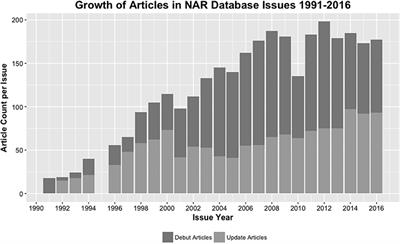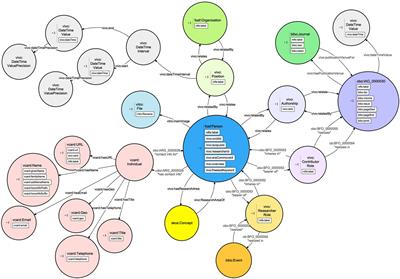CONCEPTUAL ANALYSIS
Published on 04 Oct 2018
Using ORCID, DOI, and Other Open Identifiers in Research Evaluation

doi 10.3389/frma.2018.00028
- 23,953 views
- 24 citations
11k
Total downloads
87k
Total views and downloads
You will be redirected to our submission process.
CONCEPTUAL ANALYSIS
Published on 04 Oct 2018

CONCEPTUAL ANALYSIS
Published on 28 Aug 2018

TECHNOLOGY REPORT
Published on 23 Aug 2018

REVIEW
Published on 23 Aug 2018

ORIGINAL RESEARCH
Published on 29 May 2018

TECHNOLOGY REPORT
Published on 01 Mar 2018

